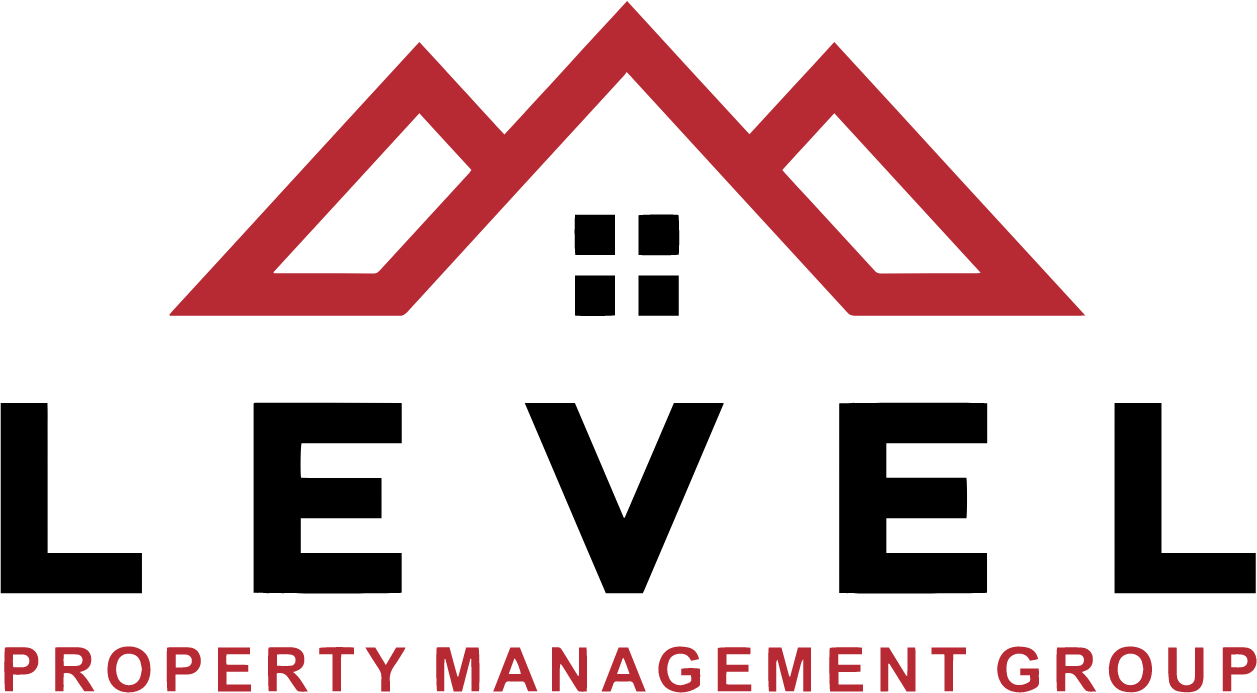As a landlord, it’s your responsibility to keep your rental property safe. A secure and habitable environment keeps tenants happy and encourages them to renew their lease. To attract long-term tenants, your property needs to meet safety standards at the very least. Consider performing regular property inspections to spot potential safety issues on your property.
Identifying and addressing property damage or safety issues early will save you money in the future. Landlords need to be thorough and consistent with property inspections in order to meet safety standards.
Prioritize a healthy and hygienic rental home and comply with building safety codes to limit injuries and safeguard the health of your renters.
Areas to Check for Safety Issues
Here are areas to focus on to enhance safety in your rental space:
Heating
Broken heaters might only be a nuisance, but not scheduling repairs can also be a safety risk. Have a professional look into any broken heaters and book necessary repairs right away. If you wait for tenants to report the issue, you risk fire occurring on your property.
Conduct routine inspections of heaters to reduce the possibility of fires. Keep away from combustible materials and place a screen on heating sources to mitigate fire risks.
Plumbing
Plumbing issues, if not addressed right away, can result in dire consequences such as flooding. A flood can be costly for you, ruining furnishings, flooring and even appliances. As a landlord, keep an eye out for any water leaks. Trace the water source or hire a plumber to repair the pipes in your unit.
Extreme weather conditions can increase the risk of plumbing issues. Make sure to regularly inspect your pipes, especially in Winter and Summer. Pipes are prone to breaks, leaks and mold.
To keep from overspending on plumbing repairs and inconveniencing the renters, conduct thorough inspections. Maintaining a safe and habitable property will prevent renters from withholding rent or ending their tenancy abruptly.
Another area to check is your gutter. Evaluate its cleanliness and the efficiency of the drainage. Allocating a bit of time to clean the gutters will help you avoid leaks. Another way to combat broken pipes is to purchase high-quality ones for durability.
Electricity
Since electrical issues can be life-threatening, it’s essential to address them promptly. Make sure your electrical system follows current electrical safety standards, especially if you have an older property. Hire a licensed electrician to protect the occupants of your unit from electric shock exposure and make sure you’re adhering to safety codes.
Another safety measure is to use GFI (Ground Fault Interrupter) outlets. To ensure more rental safety, have a GFI breaker in place to limit the incidence of fires.
Doors and Windows
Since doors and windows are the main entryways to a rental property, landlords need to pick the strongest and most durable materials. Locks also need to be sturdy. With secure doors and windows in place, trespassing incidents are greatly reduced.
We also suggest budgeting for solid security systems and locks with bolts. Windows need to have strong latches and tempered glass. Emergency doors also need to be free from barriers in case of emergency.
Walls, Ceilings and Floors
Especially if the residents in your unit are retirees or small kids, you need to ensure safe flooring to limit slippage. Set up waterproof non-slip surfaces and look out for uneven and sloping floors. You can also have a foundation professional conduct an inspection and fix any issues.
Foundation problems can be expensive. Being attentive can help you curb the costs of expensive renovations and repairs. Notice stains and cracks appearing. Watch out for peeling wallpaper or bubbling paint. If you see any of these signs, call a contractor.
Ceilings are another area of concern and you should see to it that yours meet the required minimum height to properly insulate your rental. Wall cracks also need to be inspected to ensure the structural integrity of your rental unit.
Appliances
Another thing you need to focus on is your appliances. Take note of their expectancy and repair any damages. If needed, replace older appliances with new ones.
When appliances are past their prime, internal wires can easily overheat and put your tenants’ safety at risk. If damage occurs as a result of normal wear and tear, it’s your responsibility to pay for repairs. Invest in high-quality units that will last longer so you don’t need to keep replacing them over and over.
Paint
Properties constructed before 1978 can potentially contain lead which is a health hazard. Before conducting a painting project or approving a renter’s request to paint the unit, hire an expert to perform a paint inspection to ensure it’s resolved.
Landlord-tenant laws also mandate landlords to disclose potential lead concerns to the renters. Make sure to protect your renters from accidental lead poisoning on your property.
Bottom Line: Make Sure Your Rental Property is Safe
Meeting safety standards needs to be one of your top priorities as a landlord. To keep your property safe, conduct preventive maintenance and schedule regular property inspections. Day-to-day maintenance tasks can be overwhelming at times, so it’s advisable to seek out help managing your property.
Especially if you’re juggling multiple properties or responsibilities, consider hiring a reliable property manager like Level Property Management Group to take care of your rental home.
Having a professional partner manage your rental unit can lead to many advantages and additional peace of mind. Contact Level Property Management today by dialing (251) 210-1664 or by emailing leads@levelpmg.com

